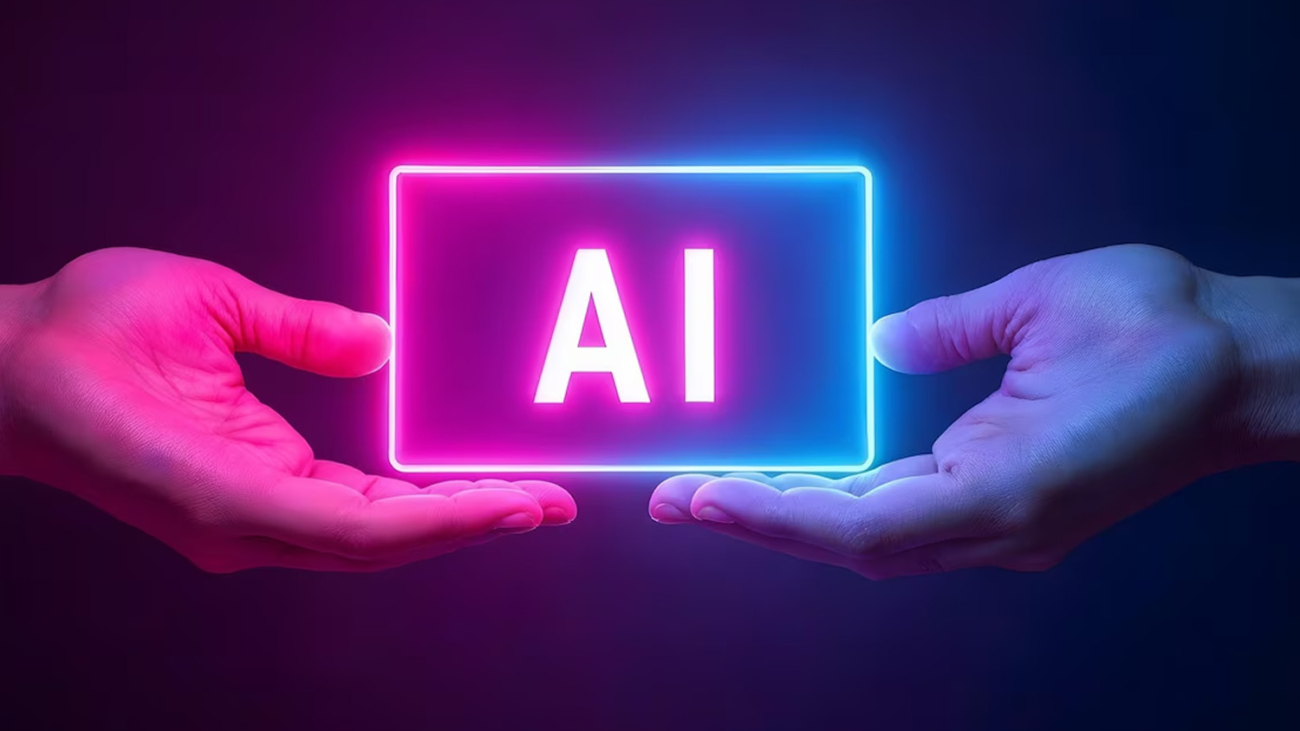Unlocking AI Potential: Prompts to Have AI Draft Direct Examination Questions

Strong 8k brings an ultra-HD IPTV experience to your living room and your pocket.
How Can AI Assist in Drafting Direct Examination Questions?
Artificial Intelligence (AI) has revolutionized various industries, including the legal field. Lawyers and legal professionals increasingly rely on AI to streamline tasks, including the preparation of direct examination questions. AI-powered tools can generate structured and well-crafted questions, ensuring that attorneys effectively guide witnesses in presenting their testimony. This technological advancement not only saves time but also enhances the quality of legal arguments.
What Are Direct Examination Questions and Why Are They Crucial?
Direct examination questions are designed to allow witnesses to narrate their version of events in a clear and logical manner. These questions should be open-ended, allowing witnesses to provide detailed responses without leading them toward a particular answer. The goal is to present facts in a coherent manner, strengthening the attorney’s case before the court.
Properly structured direct examination questions help:
- Establish credibility of the witness
- Provide a factual narrative
- Avoid objections related to leading questions
- Strengthen the case with compelling testimony
How Can AI Improve the Quality of Direct Examination Questions?
AI-powered tools can assist in generating high-quality direct examination questions by analyzing case facts, legal principles, and past case precedents. These tools use natural language processing (NLP) to formulate relevant, structured, and logically sequenced questions.
AI enhances direct examination by:
- Eliminating bias in question phrasing
- Suggesting multiple question formats
- Ensuring consistency in questioning styles
- Speeding up the drafting process
What Are Some Effective AI Prompts for Generating Direct Examination Questions?
Using AI to draft direct examination questions requires precise and well-structured prompts. Below are some examples of effective AI prompts that legal professionals can use:
1. Fact-Finding Prompts
"Generate open-ended questions to help a witness describe the events leading up to [specific incident]."
"Create a series of questions to establish the timeline of events in a [type of case]."
2. Character and Background Prompts
"Draft questions to introduce the witness, including their name, occupation, and relationship to the case."
"What questions can establish the credibility of a witness with 10 years of experience in [industry]?
3. Event Description Prompts
"Develop questions to help a witness describe what they saw on [specific date] at [specific location]."
"How can I phrase questions to help a witness recall specific conversations related to the case?"
4. Expert Witness Prompts
"Create direct examination questions to establish an expert’s qualifications in [field of expertise]."
"What questions can be used to guide an expert witness in explaining technical aspects of the case?"
5. Emotion and Impact Prompts
"Generate questions that allow a witness to describe the emotional impact of [incident or event]."
"How can I frame questions to highlight the consequences of [specific event] on the witness’s daily life?"
How Can AI Be Used Ethically in Legal Question Drafting?
While AI is a powerful tool, legal professionals must ensure its ethical use. AI-generated direct examination questions should be reviewed for accuracy, fairness, and compliance with legal standards. Attorneys must:
- Verify AI-generated content for relevance and appropriateness
- Avoid over-reliance on AI without human oversight
- Ensure that AI-generated questions do not introduce unintended bias
What Are the Benefits of Using AI for Legal Question Drafting?
Using AI to draft direct examination questions provides multiple advantages, including:
Time Efficiency: AI reduces the time spent drafting questions manually, allowing attorneys to focus on case strategy.
Consistency: AI maintains consistency in language, ensuring that all questions align with legal standards.
Customization: AI can tailor questions based on specific case details and witness backgrounds.
Accuracy: AI minimizes errors and ensures logical sequencing in question flow.
Can AI-Generated Questions Replace Human Judgment?
While AI is a valuable tool, it cannot replace human legal expertise. Attorneys must use AI as a supportive resource rather than a substitute for their skills. AI-generated questions should be carefully reviewed, modified, and adapted to fit the nuances of each case. The human element in legal proceedings remains crucial, as attorneys must interpret witness responses, adjust strategies, and anticipate objections.
What Are the Future Possibilities for AI in Legal Questioning?
As AI technology continues to advance, its role in legal questioning will expand. Future developments may include:
- AI-driven witness preparation simulations
- Automated question refinement based on real-time feedback
- AI-generated mock trials for case analysis
Final Thoughts
AI is transforming the legal profession, providing attorneys with powerful tools to enhance their efficiency and effectiveness. By using AI to generate direct examination questions, legal professionals can save time, improve the quality of their questioning, and ensure consistency in their approach. However, human oversight remains essential to ensure ethical and accurate use of AI-generated content.
Incorporating AI into legal practice can also free up time for attorneys to focus on client relationships, strategic case planning, and even thoughtful gestures such as sending a Holiday Pie for Clients to express appreciation during festive seasons. AI's impact extends beyond question drafting—it is shaping the future of legal practice in countless ways, making it an invaluable asset in the modern legal landscape.
Note: IndiBlogHub features both user-submitted and editorial content. We do not verify third-party contributions. Read our Disclaimer and Privacy Policyfor details.







